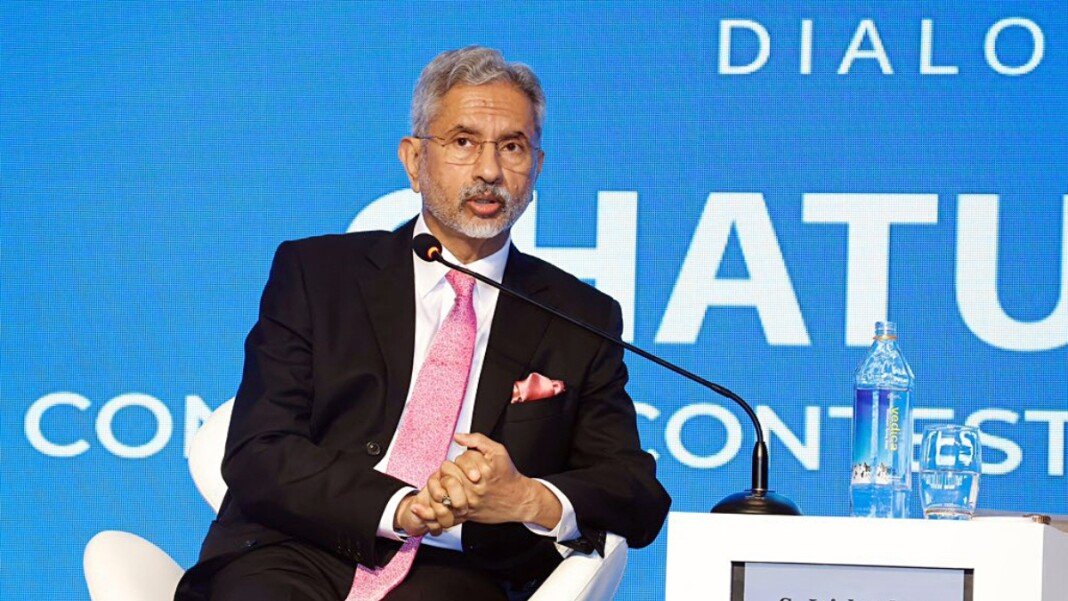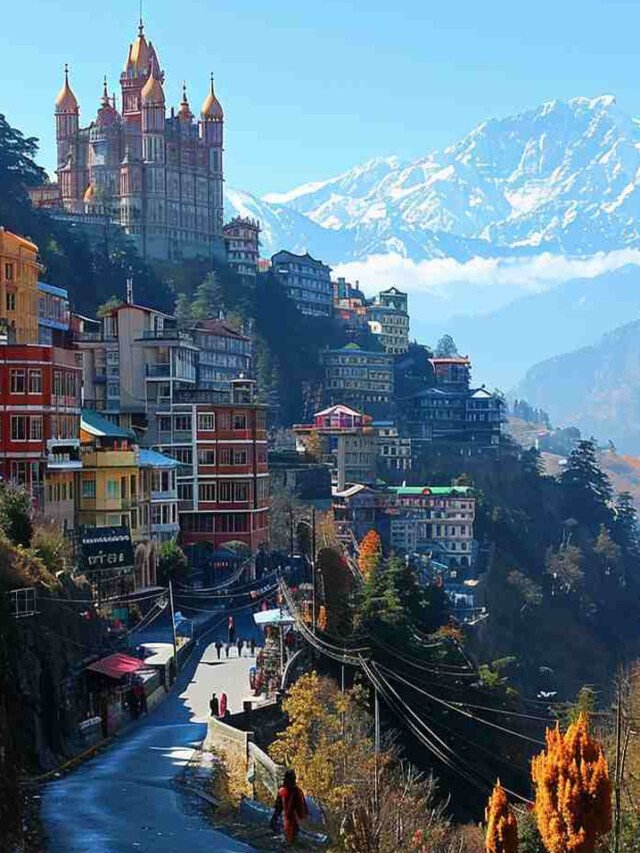RAJKOT, April 2: External Affairs Minister S Jaishankar on Tuesday expressed optimism about India’s eventual permanent membership in the United Nations Security Council (UNSC), saying it is inevitable but emphasised the need for heightened efforts in this regard.
Addressing intellectuals in Gujarat’s Rajkot city, the external affairs minister stressed that diligent work is essential to secure this coveted position.
Acknowledging the current dominance of five nations – China, France, Russia, the UK, and the US – as the UN’s original permanent members, the minister, however, said the international momentum was now favouring India’s bid for a permanent seat.
The United Nations was formed around 80 years ago, and these five nations decided among themselves to become permanent members of its security council, Jaishankar said.
He highlighted the historical context of the UNSC’s formation, where five nations secured permanent membership, underscoring the evolving global landscape with around 193 countries today.
“But these five nations have kept their control, and it is strange that you have to ask them to give us their consent for a change. A few agree, a few others put forward their position with honesty, while others do something from behind,” he said.
Jaishankar spoke about the collaborative proposals involving India, Japan, Germany, and Egypt which have been submitted to the UN, signalling progress.
“But now, there is a feeling across the world that this should change, and India should get a permanent seat. I see this feeling increasing every year,” he said, adding “we will definitely get it. But nothing big is ever achieved without hard work…we will have to work hard, and this time we will have to work even harder”.
He stressed the importance of mounting pressure, citing recent stalemates over conflicts like the Ukraine war and Gaza.
Jaishankar linked the UN’s perceived weakening to increased opportunities for India’s bid for permanent membership saying, “…there is a feeling in the world that the UN has weakened.”
“There was a deadlock in the UN on the Ukraine war and no consensus was reached in the UN regarding Gaza. I think as this feeling increases, our chances of getting a permanent seat will increase,” he added.
Earlier in his address, the minister highlighted India’s democratic achievements and economic resilience amidst the pandemic.
He underscored India’s potential as a global growth engine.
Jaishankar said India has proved in the last 10 years that democracy can deliver. The world is amazed at India moving towards 7 per cent growth despite the COVID-19 pandemic hampering growth, he said.
Recognising India’s progress in various sectors, he emphasised the nation’s role as a talented and capable contributor to global problem-solving efforts.
“The world believes that India as the fastest growing large economy can become the engine of global growth,” he said, adding technological talent of the country has been recognised globally.
World agencies such as the UN understand India’s achievements in social sectors like access to water, electricity, roads, health, schooling, etc, the external affairs minister further said.
As India continues its journey towards further economic growth and social development, Jaishankar reiterated the importance of recognising the country’s potential and the world’s expectations of its significant contributions on the global stage.
“We should understand that being the fifth largest economy, on the way to becoming the third largest and with the biggest population, the world believes us to be talented people and expects us to contribute to resolve challenges,” he added.
Responding to a sensitive case of baby girl Ariha Shah, whose custody situation in Germany has garnered attention, the minister said “at my level I have raised the issue with my counterpart. Our effort is to find some solutions”.
Assuring ongoing efforts to address the matter, he expressed dissatisfaction with the current arrangements and affirmed India’s commitment to ensuring the child’s welfare and cultural upbringing. (PTI)








